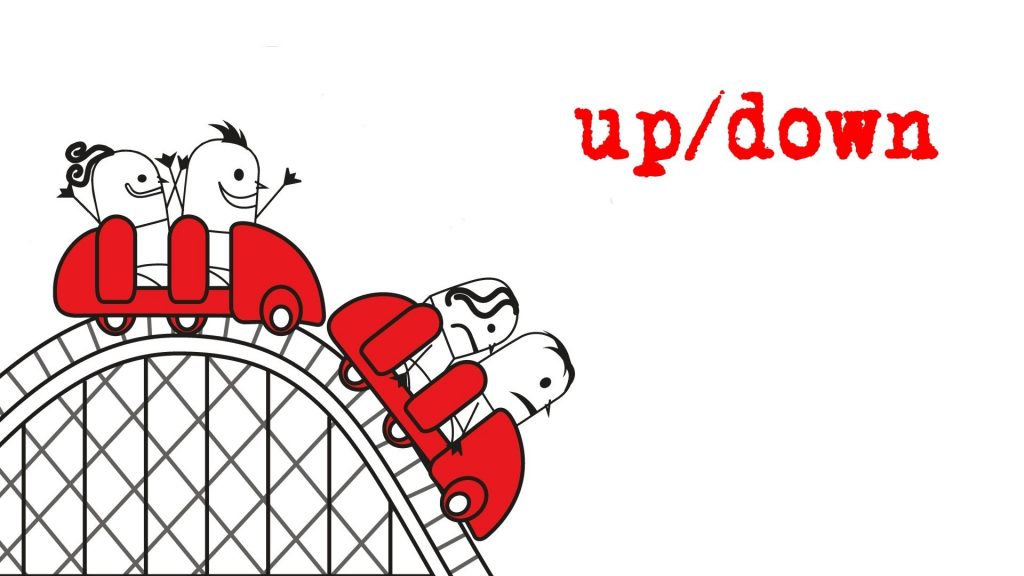In the documentary “Up/Down: Bipolar Living,” the veil is lifted on the intricate world of bipolar disorder through the voices of those intimately acquainted with its challenges. With approximately 5.7 million people in the United States grappling with this condition, the film becomes a poignant mosaic of personal narratives, shattering the mystery and dispelling misinformation that often cloaks bipolar disorder. Through extensive interviews with individuals diagnosed with the illness, the documentary unfolds as a raw and unfiltered exploration of the relentless struggle to find equilibrium between soaring euphoria and plunging into the depths of devastating depression.
The heart of “Up/Down” lies in its commitment to humanizing the experiences of those living with bipolar disorder. The documentary refrains from adopting a clinical or scientific angle, opting instead for a deeply personal and empathetic approach. The individuals featured in the film become the narrators of their own stories, offering viewers an intimate understanding of the daily battles, triumphs, and setbacks they face. By placing the spotlight on personal narratives, “Up/Down” transcends the boundaries of a mere informational resource, becoming a powerful instrument for dismantling the stigma surrounding mental health, particularly bipolar disorder.
Bipolar disorder remains highly stigmatized in contemporary culture, and “Up/Down” emerges as a potential catalyst for change. The documentary courageously confronts the societal misconceptions that contribute to this stigma, inviting audiences to witness the resilience and humanity within those living with bipolar disorder. By providing a platform for personal analysis and reflection, “Up/Down” takes a significant step towards fostering understanding and compassion for individuals navigating the rollercoaster of bipolar living. It becomes more than just a film; it evolves into a beacon of awareness and empathy, challenging preconceived notions and urging society to engage in open conversations about mental health.

